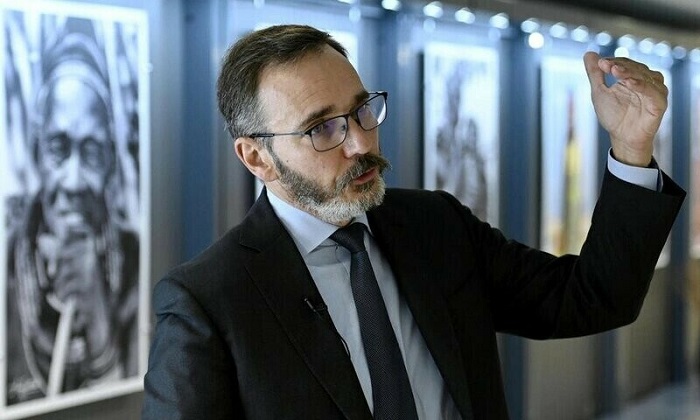According to Pierre-Olivier Gourinchas, a senior economist at the International Monetary Fund (IMF), central banks must continue to raise interest rates until inflation begins to decline.
The most recent World Economic Outlook report from the International Monetary Fund paints a bleak image of a global economy that is slowing quickly and is vulnerable to a number of threats that might push it into recession.
Families throughout the world are feeling the strain of rising food and gasoline prices, which have been worsened by the conflict in Ukraine.
As a result, central bankers, such as those at the US Federal Reserve and the European Central Bank, have taken aggressive measures to control rising prices.
When inflation gets out of hand, Gourinchas said, it is “like letting the genie out.”
Signs of hope
Policymakers have little influence over some of the biggest threats to global economic growth, such as Russia’s capacity to cut off gas supplies to Europe.
Even if the worst-case scenario does come to true, Gourinchas still has reason to be optimistic.
Due to forecasts of a worldwide economic downturn, oil prices, which spiked to over $129 a barrel in March, have been easing in recent weeks. Brent, the European standard, was back around $105 on Tuesday.
If energy costs continue to decline, “we may see a considerably quicker disinflation path if the central banks throughout the world synchronize their actions,” he said.
And so far, authorities in emerging market economies have behaved admirably, enabling their currencies to adjust to the volatility of the market. According to him, “their policy frameworks have improved over the years”.










